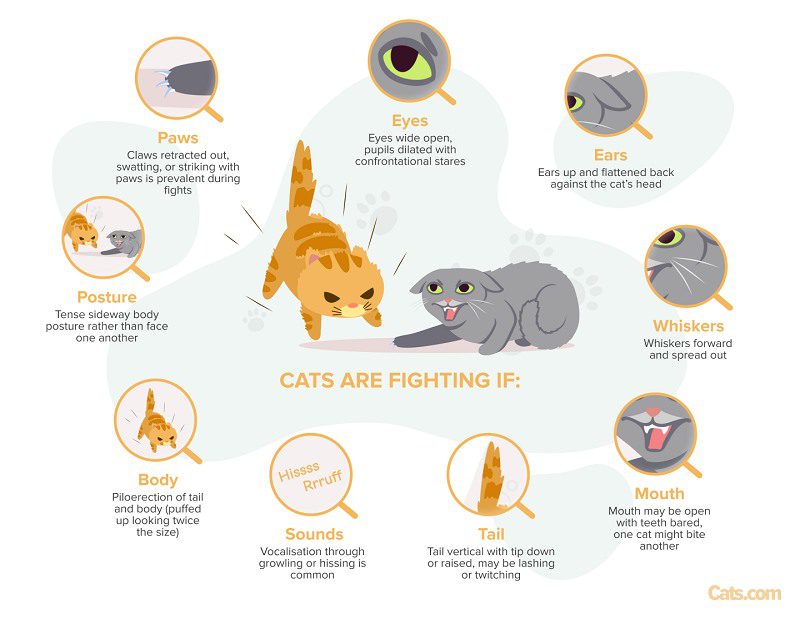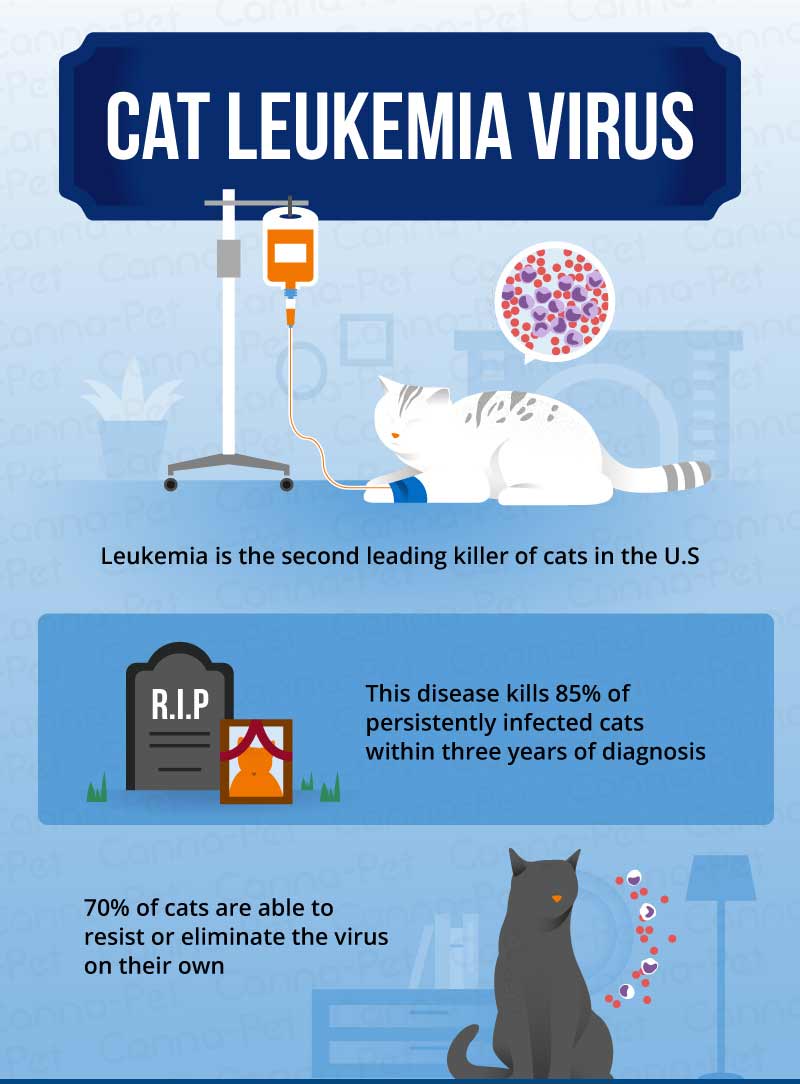Introduction:
Are you a proud cat owner? If so, then you know how important it is to keep your feline friend happy and healthy. But what happens when your beloved kitty develops a painful abscess? Understanding how to spot and soothe these pesky infections can make all the difference in your cat's well-being. In fact, did you know that 80% of abscesses in cats are caused by bite wounds from fights with other cats? By learning about abscesses and their symptoms, you'll be equipped with the knowledge to provide immediate relief for your furry companion. So, let's dive into the world of abscesses and discover how you can become a superhero for your cat's health!
Key Takeaways:
- Abscesses in cats can be caused by bites or scratches from other animals.
- Common signs of abscesses in cats include swelling, redness, and pain at the site of the wound.
- It is important to seek veterinary care for abscesses to prevent complications and ensure proper treatment.
- Cleaning the abscess with a mild antiseptic solution and applying warm compresses can help soothe the cat's discomfort.
- Antibiotics may be prescribed by a veterinarian to treat the infection associated with abscesses in cats.
What is an abscess and why do cats get them?
An abscess is a pocket of pus that forms in the body as a result of an infection. Cats can get abscesses when bacteria enters their skin through a wound or bite. This can happen during fights with other animals, such as other cats or even wildlife like raccoons or squirrels. When a cat gets into a fight, bacteria from the other animal's mouth or claws can enter the cat's skin, causing an infection to develop.
Cats are territorial animals and may engage in fights to defend their territory. They have sharp teeth and claws that can easily puncture the skin, allowing bacteria to enter. Additionally, outdoor cats are more prone to getting abscesses because they have more opportunities for encounters with other animals.
How do abscesses form?
When bacteria enters the cat's skin, the immune system responds by sending white blood cells to fight off the infection. As these white blood cells accumulate, they form pus, which creates pressure and leads to the formation of an abscess. The abscess may appear as a swollen lump filled with pus under the cat's skin.
Common causes of abscesses in cats:
- Fighting with other animals
- Bites or scratches from other animals
- Puncture wounds from sharp objects
- Skin infections
Factors that increase a cat's risk of developing an abscess:
- Outdoor lifestyle
- Male cats (as they are more likely to engage in fights)
- Not being neutered (unneutered males are more territorial and prone to fighting)
Recognizing if your cat has an abscess
An abscess in cats is a painful and swollen area that forms under the skin. It is typically caused by a bite or scratch from another animal, which introduces bacteria into the wound. To recognize if your cat has an abscess, look for signs such as swelling, redness, and warmth around the affected area. Your cat may also show signs of pain or discomfort when you touch or try to examine the area. In some cases, the abscess may rupture and release pus, leading to a foul odor. If you notice any of these symptoms, it is important to seek veterinary care promptly.
Signs of an abscess in cats:
- Swelling and redness around the wound
- Warmth and tenderness when touched
- Pain or discomfort
- Pus discharge with a foul odor (if the abscess has ruptured)
Common signs of an abscess in cats
When it comes to identifying an abscess in your cat, there are several common signs to watch out for. One of the most noticeable signs is swelling and redness around the affected area. This can be accompanied by warmth and tenderness when touched. Your cat may also exhibit signs of pain or discomfort, such as limping or reluctance to move. In some cases, you may even notice a visible lump or bump under the skin where the abscess has formed.
If the abscess has ruptured, you may observe pus discharge from the wound along with a foul odor. It's important to note that not all abscesses will rupture on their own, so it's crucial to seek veterinary care even if you don't see any discharge.
Common signs of an abscess in cats:
- Swelling and redness
- Warmth and tenderness
- Pain or discomfort
- Limping or reluctance to move
- Visible lump or bump under the skin
- Pus discharge with a foul odor (if the abscess has ruptured)
The importance of seeking veterinary care for a cat with an abscess
If you suspect that your cat has an abscess, it is crucial to seek veterinary care as soon as possible. Abscesses can be quite painful for cats and may lead to serious complications if left untreated. A veterinarian will be able to properly diagnose the abscess and determine the best course of treatment.
In addition to providing pain relief, a veterinarian will often need to drain the abscess and clean the wound thoroughly. They may also prescribe antibiotics to help fight off any infection. Attempting to treat an abscess at home without proper knowledge and equipment can lead to further complications or inadequate healing.
Remember, early intervention is key when it comes to treating abscesses in cats. By seeking veterinary care promptly, you can ensure that your furry friend receives the necessary treatment and recovers quickly.
Soothing your cat's discomfort from an abscess at home
When your cat has an abscess, there are some steps you can take at home to help soothe their discomfort while waiting for veterinary care. It's important to note that these measures should not replace professional treatment but can provide temporary relief.
One way to alleviate your cat's discomfort is by applying a warm compress to the affected area. This can help reduce swelling and promote blood circulation, which aids in healing. Be sure not to use hot water or apply excessive pressure, as this can cause further pain or injury.
Keeping your cat's environment clean is also crucial. Make sure their litter box is cleaned regularly to prevent any contamination of the wound. Additionally, ensure that your cat has a comfortable and quiet space to rest and recover.
While it may be tempting to try over-the-counter products or home remedies, it is essential to consult with a veterinarian before using any treatments on your cat's abscess. They will be able to provide appropriate guidance based on the severity and specific circumstances of the abscess.
Over-the-counter products for treating a cat's abscess
When it comes to treating a cat's abscess, it is important to rely on professional veterinary care rather than over-the-counter products. Abscesses require proper diagnosis and treatment by a veterinarian, as they often need to be drained and cleaned thoroughly. Using over-the-counter products without proper knowledge can lead to ineffective treatment or even worsen the condition.
If you suspect that your cat has an abscess, it is best to seek veterinary care promptly. A veterinarian will be able to assess the situation, provide appropriate treatment, and prescribe any necessary medications such as antibiotics.
Remember, the health and well-being of your furry friend should always be entrusted to trained professionals who have the expertise and experience in treating abscesses in cats.
Preventing future abscesses in your cat
While some abscesses may occur due to unavoidable circumstances like fights with other animals, there are steps you can take to reduce the risk of future abscesses in your cat.
One important measure is ensuring that your cat receives regular vaccinations. Vaccinations help protect against certain diseases that can lead to abscesses if contracted through bites or scratches from infected animals. Consult with your veterinarian about which vaccines are recommended for your cat based on their lifestyle and potential exposure risks.
Another preventive step is to keep your cat indoors or supervise them closely when they are outside. This reduces the likelihood of encounters with other animals that could result in bites or scratches.
Maintaining good hygiene is also crucial. Regularly grooming your cat helps you identify any wounds or injuries early on, allowing for prompt treatment and prevention of abscesses. Additionally, keeping their living environment clean and free from potential hazards can minimize the risk of infections.
By taking these preventive measures, you can help protect your cat from future abscesses and ensure their overall well-being. Remember, a proactive approach to your cat's health is always beneficial in preventing various health issues.
In conclusion, abscesses in cats can be identified by swelling, redness, and discharge. It is important to seek veterinary care for proper treatment and soothing methods to help your cat recover quickly and comfortably.
Is it normal for a cat abscess to bleed?
The wound may or may not have pus that has a bad smell. In certain cases, there may also be blood. It might not always be visible from a distance, but if you get closer, you will be able to see and smell the abscess.
Why does my cat keep getting abscesses in the same spot?
If your cat is not recovering as expected, it is important to bring them back to the veterinarian for further examination. Repeated infections could indicate the presence of viruses like feline immunodeficiency virus (FIV) and feline leukemia virus (FeLV). These diseases weaken the cat's immune system and can make it more difficult for them to recover from any infection.
What are the stages of healing in a cat's abscess?
Wound healing occurs in four stages: Inflammation, debridement, repair, and maturation. The initial stage focuses on stopping bleeding and activating the immune system. Without going into too much scientific detail, blood clots form and blood vessels narrow to minimize blood loss.
When should I worry about my cats abscess?
In most cases, a cat bite abscess is not considered an emergency, but it can be uncomfortable and cause pain. If your cat appears to be in pain, has difficulty walking, refuses to eat, or seems unwell, it is advisable to contact your local Animal Trust Surgery for guidance and possibly schedule an appointment.
Is it OK for an abscess to bleed?
It is common and expected to experience bleeding, discharge, or itching during the recovery process, so there is no need to worry.
Is it good if a cat abscess bursts?
In order for an abscess to heal, it needs to burst. If an abscess does not naturally burst, veterinarians will have to make an incision and clean it out. When an abscess bursts, it may not be visible but there will be a strong odor. A foul-smelling pus will come out of the wound, and the fever may subside once the infected tissue has drained.

















